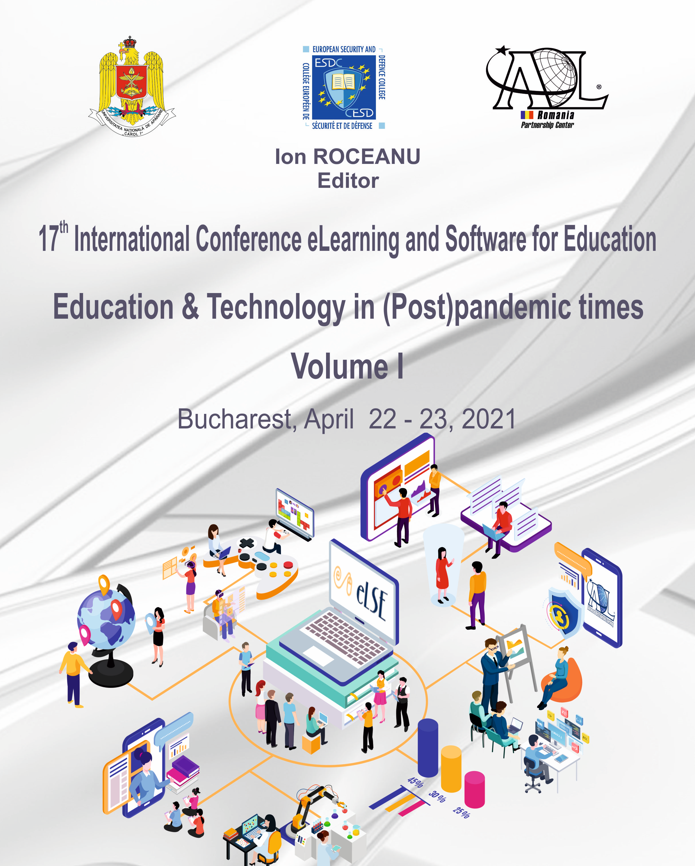SOCIAL SCIENCES AND HUMANITIES STUDENTS’ EXPERIENCE AND ATTITUDES ON GAME-BASED ELECTRONIC LEARNING IN THE REPUBLIC OF SRPSKA
SOCIAL SCIENCES AND HUMANITIES STUDENTS’ EXPERIENCE AND ATTITUDES ON GAME-BASED ELECTRONIC LEARNING IN THE REPUBLIC OF SRPSKA
Author(s): Biserka Košarac, Dušanka Slijepčević, Duško Vejnović, Dragomir VukovićSubject(s): Politics, Sociology, Higher Education , ICT Information and Communications Technologies, Distance learning / e-learning
Published by: Carol I National Defence University Publishing House
Keywords: game-based learning; game-based electronic learning; gamification; experience; attitudes;
Summary/Abstract: The aim of this paper was to determine what the experience and the attitudes of students of social sciences and humanities on the process of gamification are, and what they depend on. The research in this paper is directed towards the experience and attitudes of the students on the application of game in electronic learning, i.e. the process of gamification, and is based on an empirical survey research in two public universities in The Republic of Srpska. Gamification is most broadly defined as the process of learning through play, and implies the application of the principles of play, its elements and rules in the learning process. Game based electronic learning represents the adaptation of game elements through electronic devices and platforms, such as video games and various applications, into an educational context. The experience and attitudes of students in The Republic of Srpska on the gamification process have not been given sufficient space in research thus far, so we wanted to find out how much the student population is familiar with gamification as a process of game-based electronic learning, how much experience they have and what their attitudes about this mode of learning are, as well as whether the experience and attitudes depend on the gender, the university where they study, the success achieved in their studies, the level of studies (undergraduate, master's, doctoral) and the total monthly income of the family they come from. The results of the research can serve as a guideline for the creators of public educational policies in advocating the gamification inclusion in the higher education.
Journal: Conference proceedings of »eLearning and Software for Education« (eLSE)
- Issue Year: 17/2021
- Issue No: 01
- Page Range: 561-568
- Page Count: 8
- Language: English

